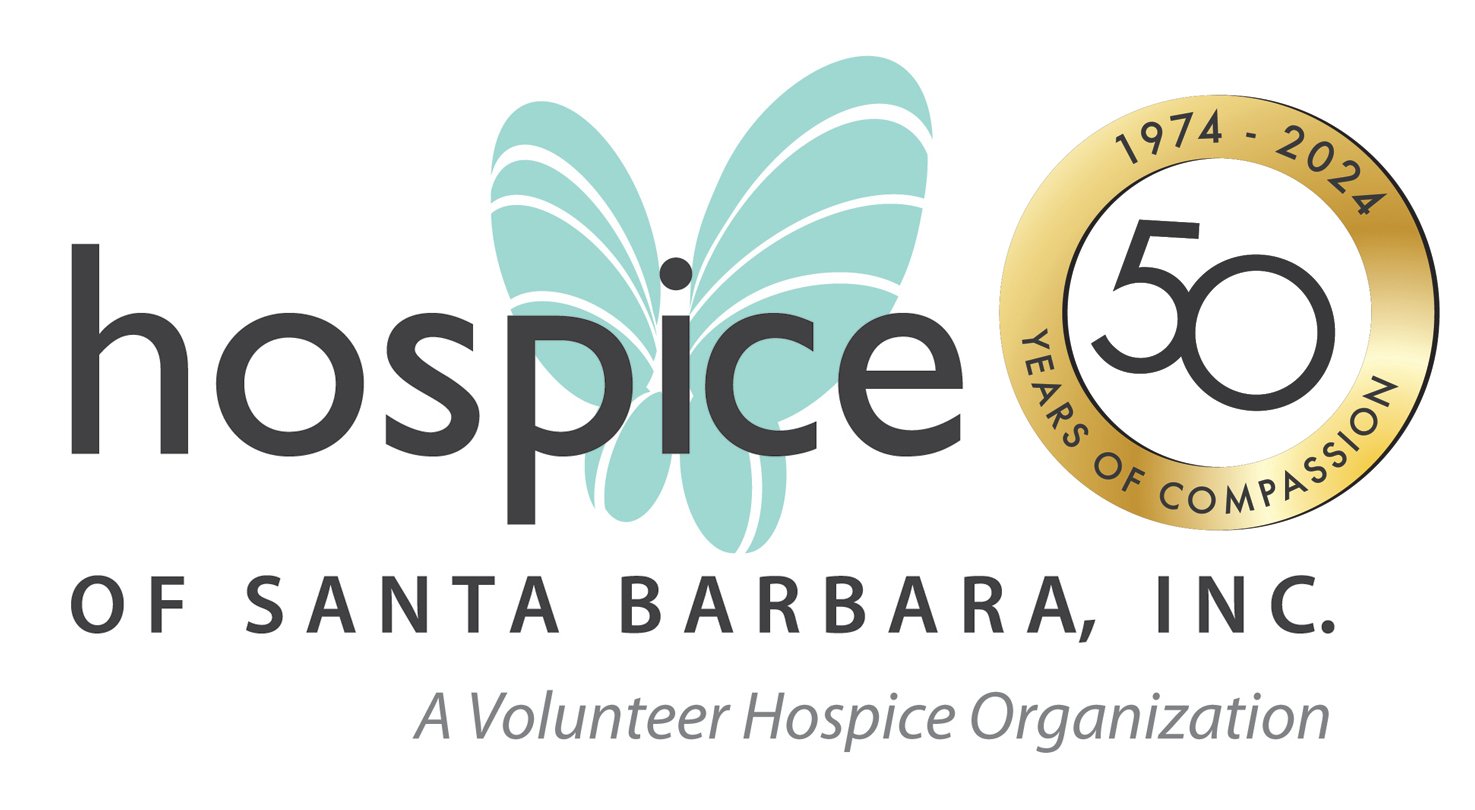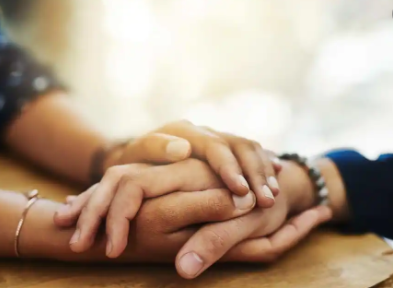And I am hearing from almost everyone some level of anxiety about ‘opening up’ or returning to gathering in groups. I’ve heard introverts and extroverts alike wonder if they will feel overstimulated in groups after so long in isolation and pods. How will it be to navigate large groups again? What of the slower pace of life many of us have enjoyed?
For leaders there is the added stress of figuring out procedures and policies for how to be in person safely. Conversations about how to include everyone even though all haven’t been vaccinated; conversations about managing risk. How to balance continued desire to work remotely with also meeting in person. Creating new hybrid systems means more work for leadership.
We also need to name that when we gather, there will be some faces, some beloveds who are not there. All our communities have had folks die in the past year and we have not been able to gather together to share our grief. When we do gather, will that grief well up? Possibly, probably. How will we make space for that among our families and communities?
And we will grieve not only the loss of individuals but the loss of experiences like time with newborn babies or those near end of life, loss of public ceremonies like Memorials, graduations, and weddings, and for some, financial losses. The happiness of coming together may be tempered or paired with the sadness of these losses.
We might want to plan a ritual for ourselves and our communities to name all that was lost or left behind during the year of COVID, to support the journey through loss toward healing. We might pair it with a ritual of hope for moving forward, naming what is important to take with us from this time. This could be having everyone hold a rock in their hands while all these dynamics are named. Maybe a poem is read, music is played. Then inviting the gathered to set those rocks down, symbolically beginning the release of sadness and weight of the past year. Then transitioning toward our hopes for being back together. Lighting candles or planting seeds for this new way of being together. What would fit you or your community?
It might also be helpful to acknowledge the physiology of long term stress on the body and nervous system. Nearly everyone I talk with speaks of feeling weary, less able to focus, less productive. This is how long held anxiety shows up in our bodies and our spirits. Movement based practices (yoga, tai chi, etc.), breath work, guided meditation with body awareness/release focus, journaling, and getting out in nature can all be helpful to release some of this stress and attend to our bodies.
As we gather in person we may also notice easy annoyance with others as we get used to being with many people again. Let us be patient with ourselves and with others. We might be intentional about starting first with small groups so that we renew our skills for interacting in person and allow our physiological systems to adjust to larger groups.
Another thing we know from our work with grief is that language matters. When someone is grieving a death or significant loss, the language of ‘returning to normal’ is not helpful because it is not possible. For all of us, there is no going back to the way things were before COVID when so many have died, when so much discord has occurred, when so much loss and anxiety have been stored in our bodies and our collective spirits.
Let us create safe space and find language to acknowledge the many losses and imagine new ways to be together as we move forward. Let us name what we have learned and the things we want to take with us from the past year.
Rev. Kristen Rohm
Spiritual Care Counselor
Hospice of Santa Barbara


